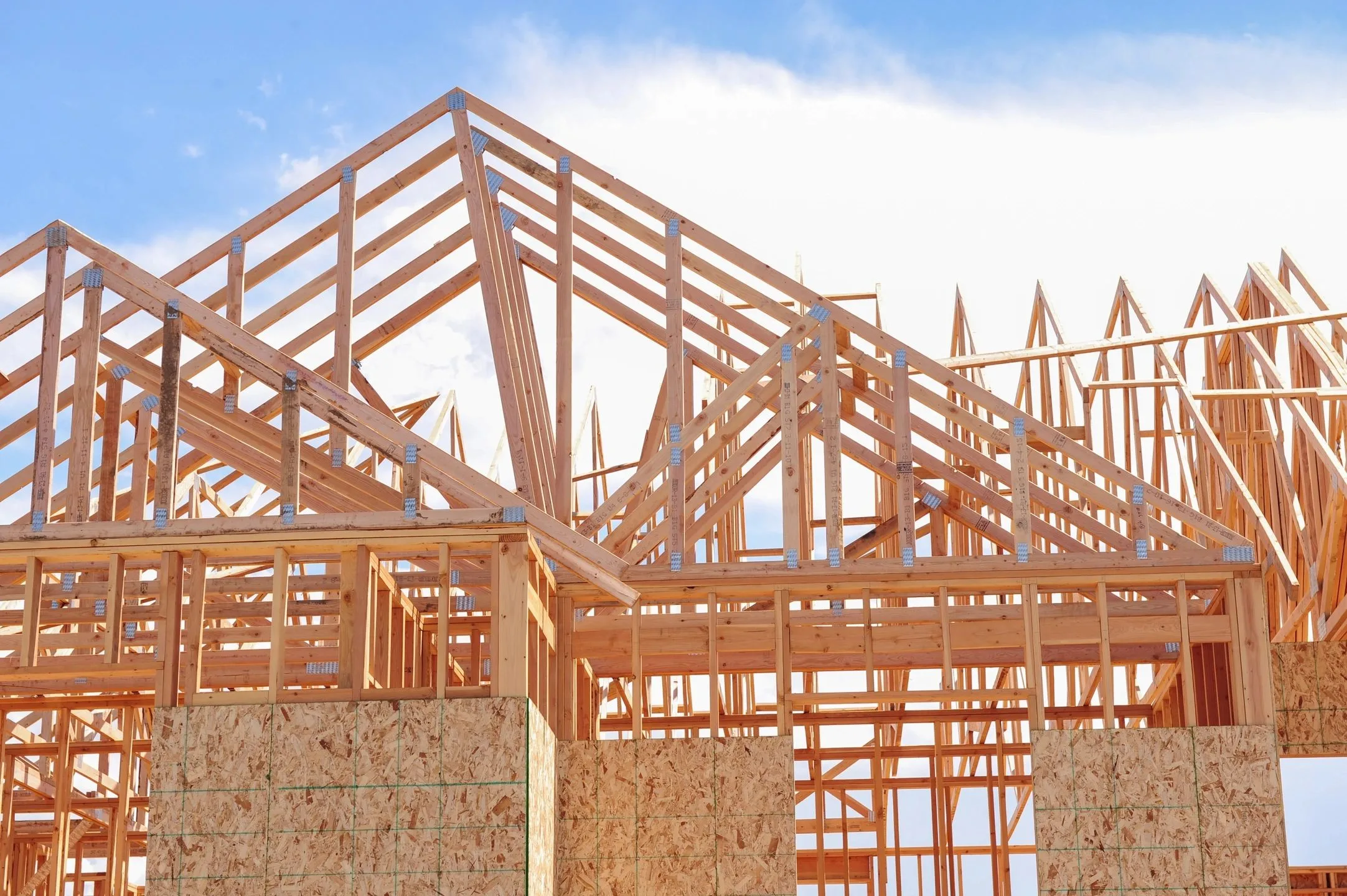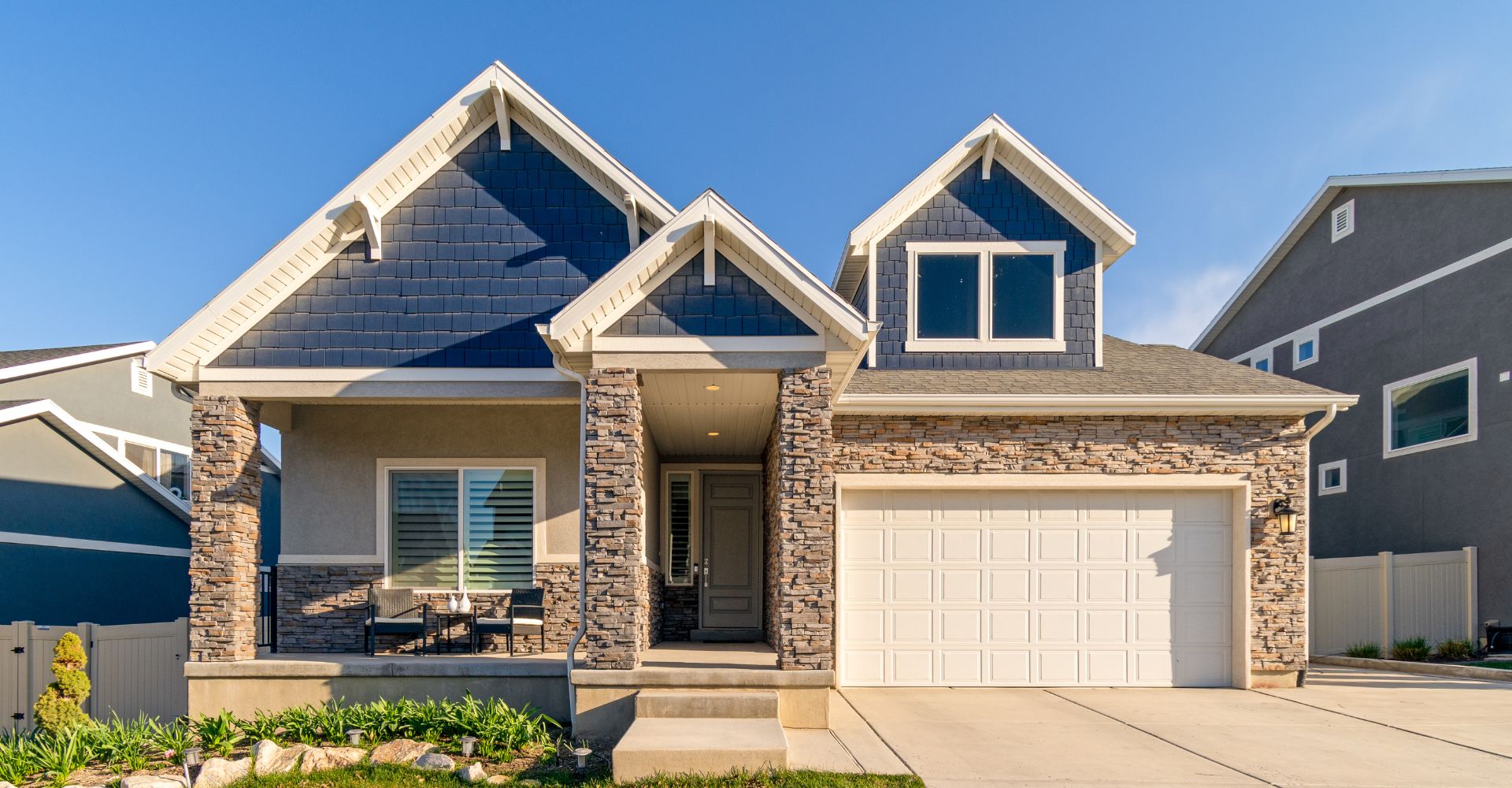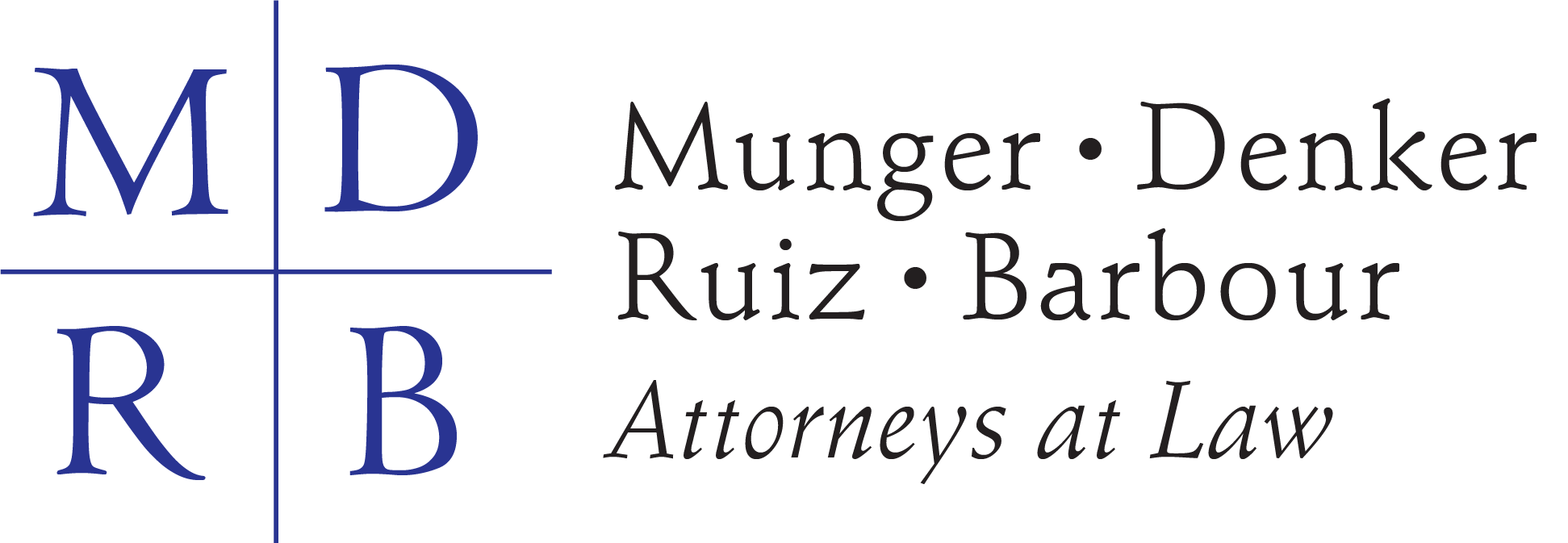
Arizona Supreme Court Holds that Builders Cannot Waive the Implied Warranty of Habitability
In a recent decision, the Arizona Supreme Court held that builders cannot waive the implied warranty of habitability in a purchase agreement with a homebuyer. The case, Zambrano v. M & RC II LLC, 517 P.3d 1168 (2022), involved a homebuyer who sued a builder for breach of the implied warranty of habitability after discovering numerous defects in her new home.
Please click this link if you wish to learn more about real estate litigation, construction defects, and how Munger • Denker • Ruiz • Barbour‘s attorneys can help you.

The Facts
Tina Zambrano purchased a new home from M & RC II LLC in 2020. Shortly after moving in, Zambrano began to notice numerous defects in the home, including:
- Popped nails in the drywall
- Defects affecting the home’s foundation, such as soil preparation, grading, and drainage
- Leaks in the roof
- Improper installation of the HVAC system
Zambrano contacted M & RC II about the defects, but the company refused to repair them. Zambrano then filed a lawsuit against M & RC II, alleging a breach of the implied warranty of habitability.
The Law
Arizona law implies a warranty of habitability in every contract for the sale of a new home. This warranty means that the builder warrants that the home is fit for human habitation and free from latent defects. If the home is not fit for habitation, the homebuyer may be entitled to damages, including the cost of repairs or the cost of moving to a new home.
The Decision
The Arizona Supreme Court held that the builder could not escape liability under the implied warranty of habitability by including a waiver of the warranty in the contract with the homebuyer. The court found that the public policy of protecting homebuyers from defective homes outweighed the builder’s interest in being able to limit its liability.
Conclusion
The Arizona Supreme Court’s decision in Zambrano v. M & RC II LLC is a significant victory for homebuyers. The decision ensures that homebuyers will have a remedy if they purchase a new home that is defective. This is an essential protection for homebuyers and a reminder that builders must construct homes that are fit for human habitation.
The attorneys at Munger • Denker • Ruiz • Barbour stay up-to-date on all aspects of construction law in Arizona. Our attorneys know that your time and money are valuable, and will work to resolve your matter efficiently and effectively, both in and out of court.
Latest Posts
Quiet Title
Normally, it is simple to determine who is the lawful owner of real property: Whoever is listed on the last deed recorded with the county recorder’s...
Quiet Title
Safeguarding Your Interests in Arizona Probate Court
What Is Probate Court? A probate court is one that has authority or jurisdiction over all cases involving wills, trusts, estates, and...



